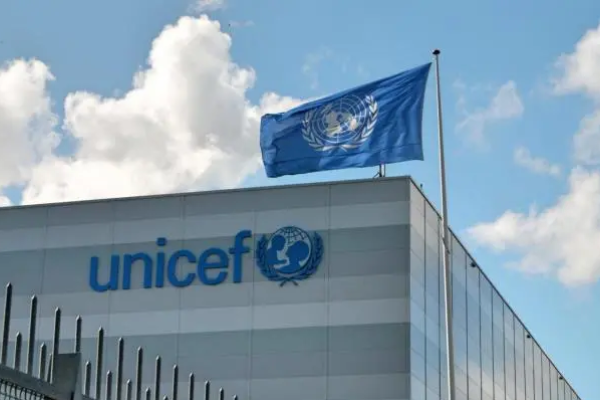Over 650,000 girls have been successfully enrolled in the Pre-primary and Integrated Qur’anic Education programme run by the United Nations Children’s Fund, UNICEF, in northern Nigeria.
The United Nations Children’s Fund (UNICEF) says about 70 per cent of Nigerian children are suffering from “learning poverty.”
The World Bank defined learning poverty as the inability of a 10-year-old to read or understand a simple sentence or solve basic numeracy problem.
In the North, a major hindrance to primary education is low enrollment of the girl child into school.
Many of them are married off at an early age depriving them of basic education.
UNICEF Girl education programme is an initiative designed to enhance the enrollment drive for girls, improve learning outcomes and strengthen government’s policy enhancing continued support for the girl child education.
In each of the schools where this intervention is carried out, a school based management committee made up of parents, ward heads and religious leaders is set up.

They are trained by UNICEF officials to provide support for the school’s management and carry out girl school enrollment campaigns.
The Girl education project funded by The Foreign, Commonwealth and Development Office (FCDO) has brought a huge success in the girl child enrollment in this public primary school.
UNICEF also set up the mothers association comprising of the female teachers, trained to be mentors that now champion the Girl for Girl movement also referred to as G for G.
The mentors are trained to have exclusive girls sessions with pupils where they teach them personal hygiene and sex education using chants and catchy theme songs.
The almajiri Islamic education system practiced in northern Nigeria is the leading cause of out of school children in Nigeria.
Over 20 million children who are forced by their parents to seek Islamic knowledge outside their native environment without care are constantly on the streets begging for food.
UNICEF through its Integrated Quranic schools approach is partnering with sangiyar schools, providing educational materials and training on teaching methods to help the children learn both Islamic and western education
The Foreign Commonwealth and Development Office (FCDO) of the UK has been the sponsor of the GEP3 intervention.
In Niger state the intervention started in 2012 and ended in 2021.
The annual school census of 2020/2021, showed that the gender parity index for Niger state improved from 0.65 in 2012 to 0.79 in 2021.
There is a call on the ministry of education to maintain and improve on this by increasing budgetary allocation for the state.
In the last two years there was increase in budgetary allocation but a steady decline in the amount of money released.
In 2020, about N426 million was allocated to the education sector and only about N55.4 million was released while in 2021, N4 billion was allocated with only about N591.5 million released. Making it only 0.13% and 0.15% released respectively
This trend remain a challenge to advancing education in the state.




